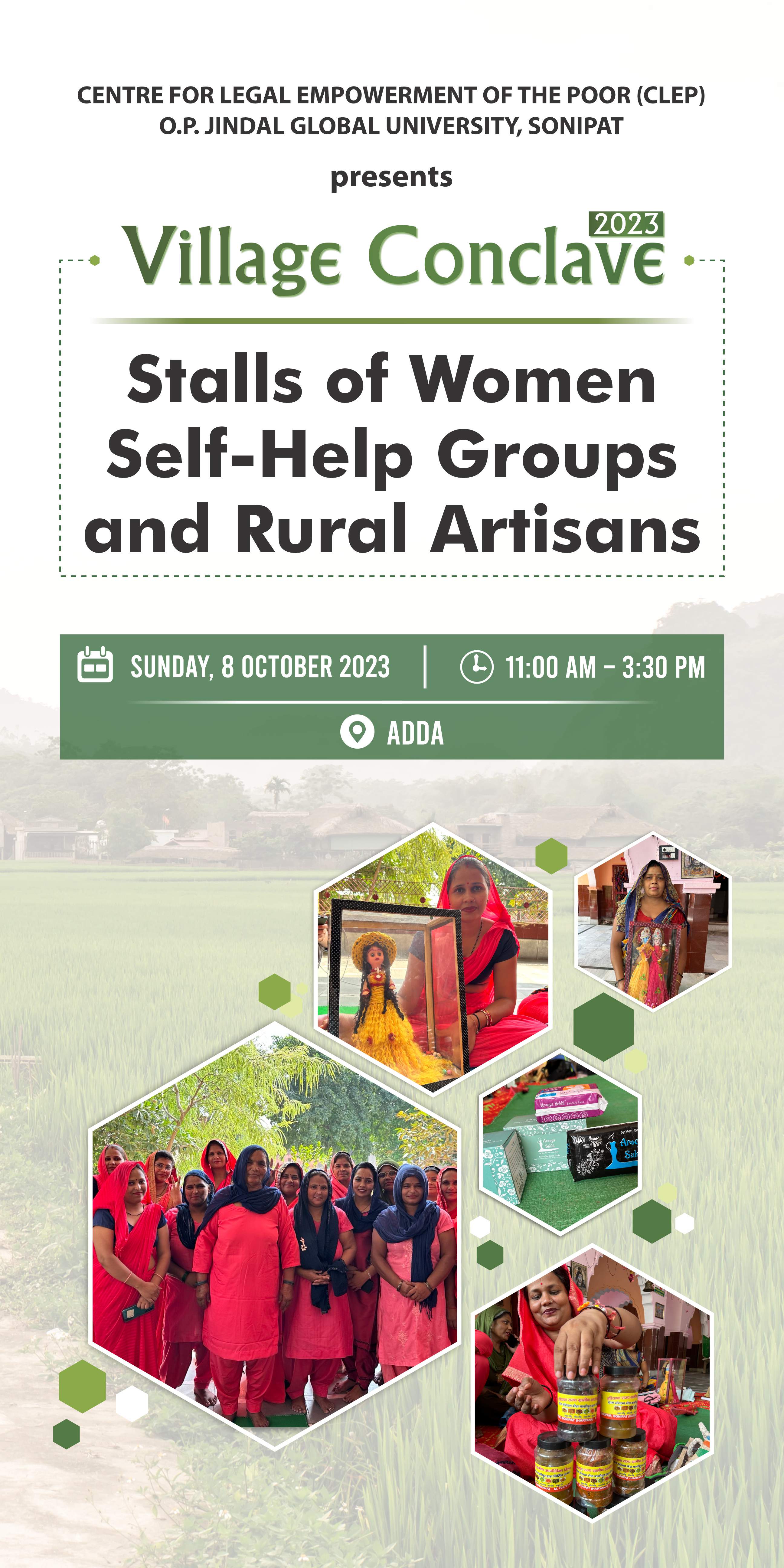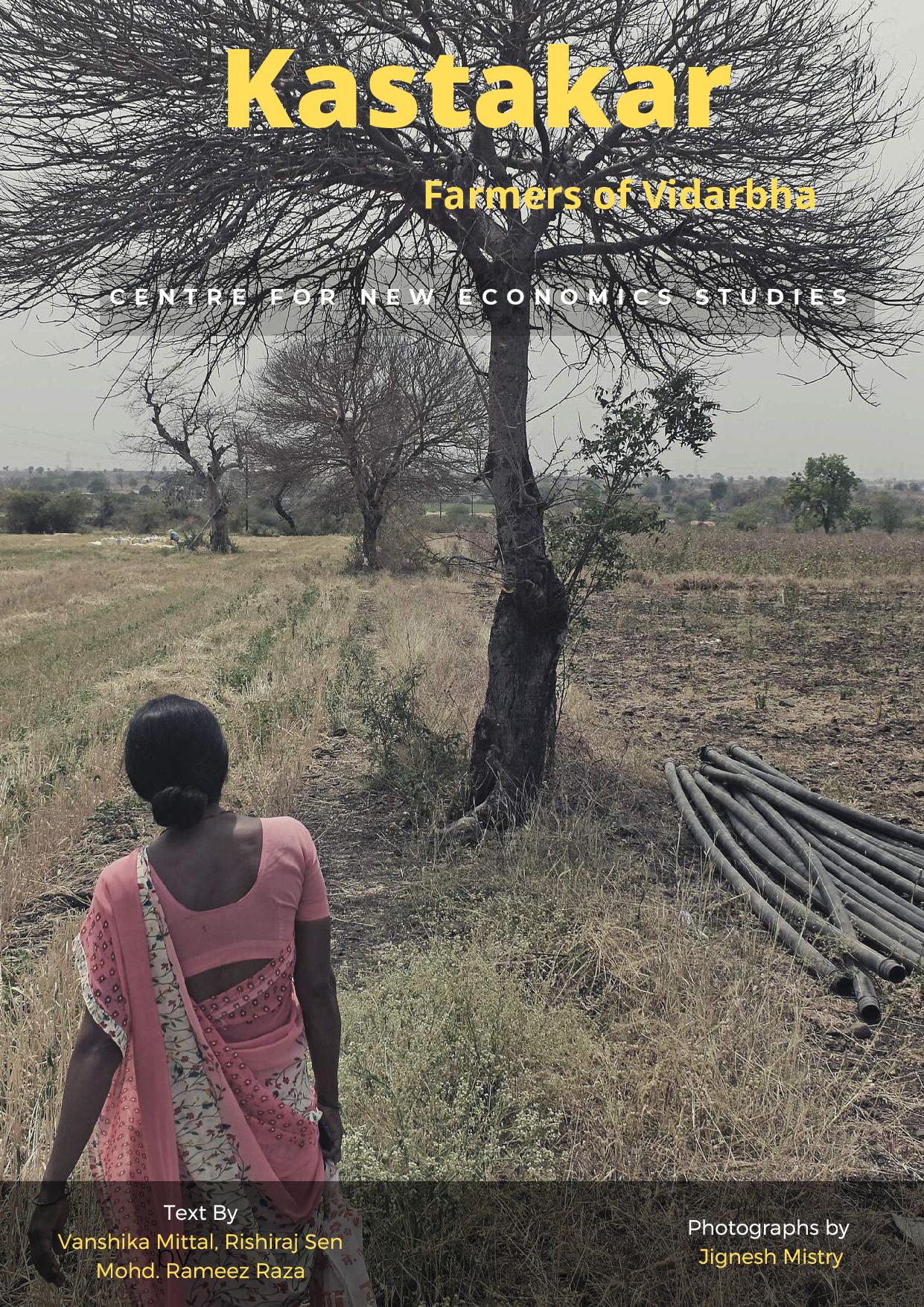Events and field studies for local farmers
04/11/2023 2023-11-07 12:36Events and field studies for local farmers
Events and field studies for local farmers
SDG 2
Events and field studies for local farmers
The Village Conclave by Centre for the Legal Empowerment of the Poor (CLEP)
Through this student-led initiative, CLEP is reached out to villages in the vicinity of JGU to engage with them and their issues while exploring ways for JGU to respond to them collectively and effectively with committed efforts through the 1 year before our next conclave. This initiative had the collective strength of JGU students and colleagues, village citizens, Self Help Groups (SHGs) and the Sonipat district administration. A key deliverable of this initiative was to mobilise villages for village development planning (Gram Panchayat Development Plan) and effective participation of the poor in it. There were stalls by the women SHGs and rural artisans. Supporting rural women and their businesses is not only an act of empowerment but also a strategic investment in the economic and social development of the rural communities. These empowered women work together to create a strong social and economic network, and by investing in their products, we are also contributing to the preservation of local traditions and crafts that might otherwise be lost over time. The stalls set up sold handmade jute crafts, biryani, jewellery, pickles, murabbas, mithai and handmade, organic sanitary napkins. This initiative provided all members of the JGU community with the opportunity to collectively build a path to make our pursuit of education impactful for all, especially the resource deprived sections of society around our campus bubble.




Centre for New Economics Studies (CNES)
Over the last two months, the CNES Visual Storyboard team, led by Jignesh Mistry, anchored a field study across districts of Vidarbha, Maharashtra. Vidarbha is infamously known for reporting the highest incidence of farmer suicides in India. Farmers for years have been trapped in a vicious cycle of debt and their incomes have remained low due to reasons of poor access to irrigation, cheap credit sources, and fertilisers. Government intervention has increased but with limited effect on changing the lives of farmers in the region. The team’s study was aimed to document the stories of women farmers (kastakar) – most of whom are widowed, turning to active farming after their spouse committed suicide. In a series of video essays shared here, you will learn more about their narratives and the conditions in which farmers work in/across Vidarbha

